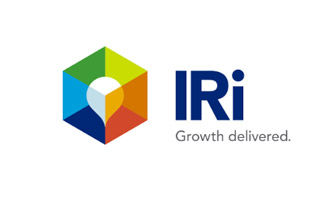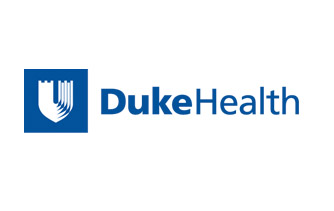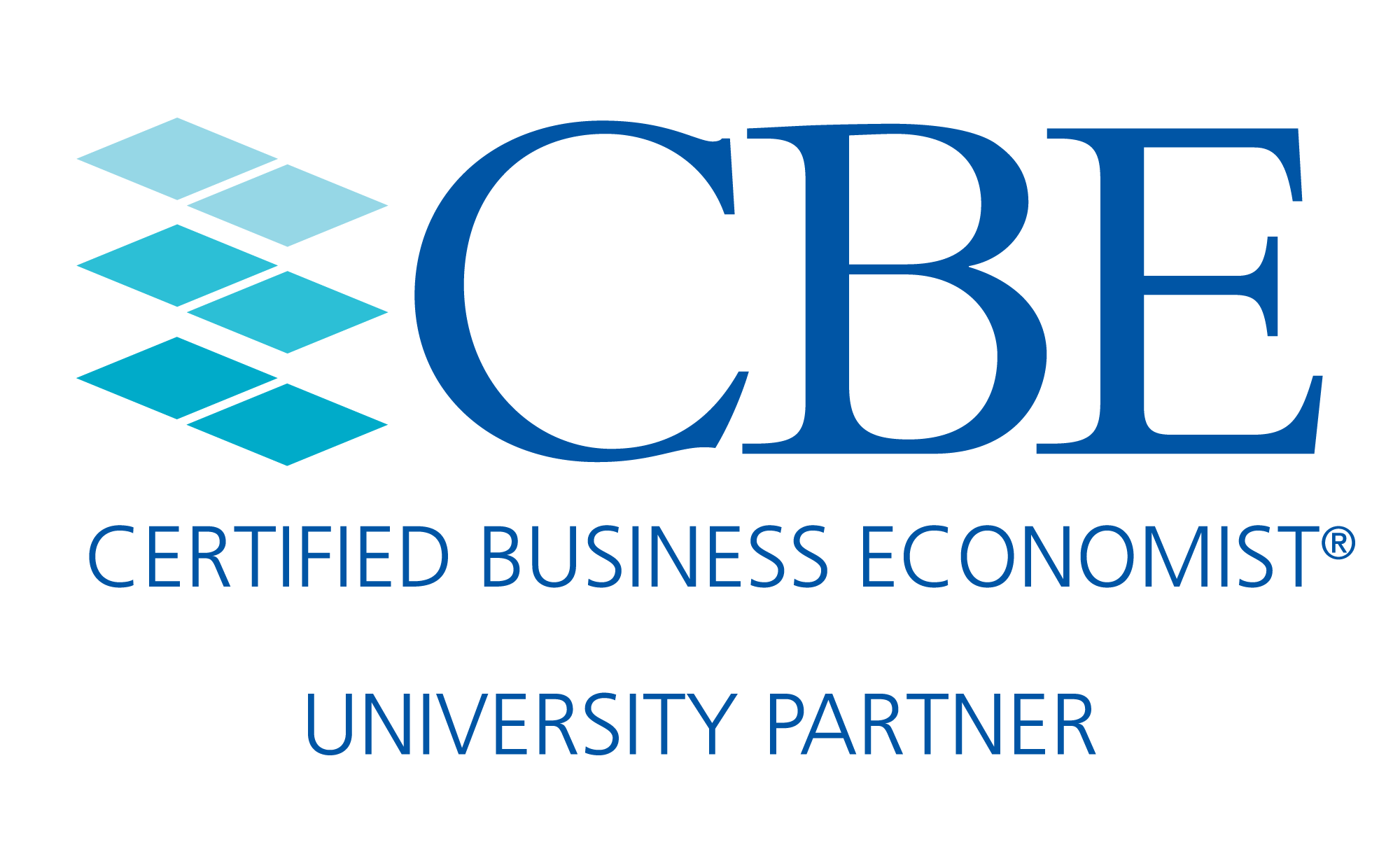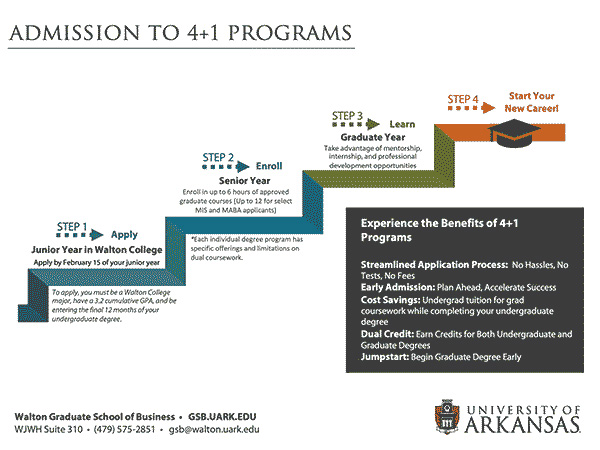Master of Science in Economic Analytics
The digital revolution ignited an explosion of data. The availability of data is no
longer a constraint to answering important questions.
The critical constraint is now the ability to analyze, digest, visualize, and ultimately
harness the data to drive decision making in business, science, and society.

The Master of Science in Economic Analytics is an intensive 10-month program that will guide students through economic modeling and theory to computational practice and cutting-edge tools, providing a thorough training in descriptive, predictive and prescriptive analytics.

Career Outlook
Job prospects for graduates?
What can I expect?

Courses and Schedule
What coursework is required for this degree?

Just the Facts
How Much? How Long?
Who can enroll?
How Do I Enroll?
Admission to Walton College masters programs is selective. Enrollment in each program is limited.
Current Student Listing
Wondering who you’ll meet in class? Get to know our current students.
Hear From Our Alumni
How has an economic analytics degree helped you?
Just the Facts: Master of Science in Economic Analytics
Program Length
One Year
This two-semester program begins in August and ends in May. (one academic year)
Start Date
Fall
New cohorts begin each Fall Semester for this degree program.
Admissions Info
Do I Qualify to Enroll?
Complete your undergraduate degree and meet additional requirements. View Requirements
Entrance Test
GMAT or GRE
Students may be eligible for a GMAT/GRE test waiver with a 3.2 undergraduate GPA or 3 years of professional work experience. Please review our full master's admissions policies.
Application Deadline
International applicants: February 15
Priority (domestic applicants): April 15
Final (domestic applicants): July 1
Total Estimated Cost
$20,763*
*In-state tuition and fees. Additional tuition costs applied for out-of-state and
international students.
View cost details
Class Profile
Current Students
View a listing of current Master of Science in Economic Analytics Students.
4+1 Degree Option
The 4+1 Master of Economic Analytics program option will allow well-prepared undergraduate students to begin graduate courses during the last year of their undergraduate studies.
WHO: Walton students with a 3.2 undergraduate GPA.
WHAT: Early consideration for a graduate program and possible dual credit between an undergraduate and graduate degree.
WHEN: Apply by February 15 in Spring of your second-to-last undergraduate year.
WHY: Save time and potentially money!
How can I apply for the 4+1 degree option?
Students interested in the 4+1 Master of Economic Analytics program will require additional guidance and advising.
Career Outlook
A survey of prospective employers indicates a robust and growing market for individuals successfully completing the MS in Economic Analytics program across many industries, such as retail, banking, finance, and healthcare. Common job titles associated with the knowledge and skills obtained from the program are:
- Data Products Analyst
- Business Intelligence Engineer
- Program Manager
- Data Scientist.
Expected salary for these positions is in the $75-85K range, rising sharply with experience. According to the Bureau of Labor Statistics, median pay in 2023 for master’s level economists is $115,730 per year. Salaries vary based on location, experience and education.
Jobs and Salaries
$115,730
National median pay for economists in 2023. The lowest 10 percent earned less than $62,520, and the highest 10 percent earned more than $216,900.1
17,500
Number of people employed as economists in the United States in 2023.1
+900
Projected numeric change in the number of employed economists from 2023 to 2033. (5% change.)1
Master’s Degree
A typical requirement for entry-level employment as an economist.1
Our Graduates
The average gross salary, including sign-up bonuses, for our 2021-2023 Master of Science in Economic Analytics graduates is $80.4k for post-graduate placement.
1Source: Bureau of Labor Statistics, U.S. Department of Labor (2023)
Industry Survey: Employer Feedback
Executives and managers from the multiple organizations wrote letters of support for offering the Master of Science in Economic Analytics degree.
 "There are large technological advances being made in the data analytics and predictive
space. Over time, the tools that are being developed will filter down to jobs in schools,
industries and government. This is a field that is not going away. Those areas that
have invested in the ability to incorporate and adopt the tools will thrive. This
program is taking one step in the right direction.
"There are large technological advances being made in the data analytics and predictive
space. Over time, the tools that are being developed will filter down to jobs in schools,
industries and government. This is a field that is not going away. Those areas that
have invested in the ability to incorporate and adopt the tools will thrive. This
program is taking one step in the right direction.
 "I believe this is a very nice addition to a standard Economics Degree program, infusing
the incredibly valuable core reasoning and thinking skills from a traditional program
with advanced data manipulation, analysis and interpretation skills. Graduates of
Econ programs are among the best problem solvers we have. Adding more direct data
science skills will only make them more effective in the workforce.""
"I believe this is a very nice addition to a standard Economics Degree program, infusing
the incredibly valuable core reasoning and thinking skills from a traditional program
with advanced data manipulation, analysis and interpretation skills. Graduates of
Econ programs are among the best problem solvers we have. Adding more direct data
science skills will only make them more effective in the workforce.""
 "Hospitals collect massive amounts of information and effective utilization of this
information is necessary to remain competitive and financially solvent. The proposed
coursework in SQL programming, Business Intelligence, and Python scripting combined
with graduate economic coursework is a great foundation for understanding healthcare
processes, asking great questions, and most importantly—successfully solving problems."
"Hospitals collect massive amounts of information and effective utilization of this
information is necessary to remain competitive and financially solvent. The proposed
coursework in SQL programming, Business Intelligence, and Python scripting combined
with graduate economic coursework is a great foundation for understanding healthcare
processes, asking great questions, and most importantly—successfully solving problems."
Career Development
Close ties with our corporate partners facilitate recruiting and networking opportunities, internships, and careers.
Students can participate in corporate internships, career counseling, and take advantage of all the Walton College Career Services has to offer.
Courses and Program Schedule
To obtain the Master of Science in Economic Analytics degree, students must complete the following 30 hours of coursework.
Core Courses
ECON 57603: Applied Microeconomics
The framework for this course is the economic way of thinking. Both the theory and application of important economics questions are presented, showing students the applicability of various economic methodologies in a number of different contexts. To gain competence in the applied side of economic analysis, students will use MS Excel or other software to apply class concepts to solve concrete problems.ECON 57403: Introduction to Econometrics
Introduction to the application of statistical methods to problems in economics. Graduate degree credit will not be given for both ECON 47403 and ECON 57403.ECON 57503: Forecasting
The application of forecasting methods to economics, management, engineering, and other natural and social sciences. The student will learn how to recognize important features of time series and will be able to estimate and evaluate econometric models that fit the data reasonably well and allow the construction of forecasts. Graduate degree credit will not be given for both ECON 47503 and ECON 57503.ECON 57803: Applied Microeconometrics
This course covers the principles of causal inference. Methods include panel data models, instrumental variables, regression discontinuity designs, difference-in-differences, and matching. Emphasis on developing a solid understanding of the underlying econometric principles of the methods taught as well as on their empirical application.ECON 58103: Economic Analytics I
Part one of the capstone in the Masters in Economic Analytics. The course provides an overview of modern statistical learning methods, including Machine Learning, along with hands-on experience of in-depth analytics exercises using real data. Students will be given a set of datasets early in the semester and will use them for in-class exercises, assignments, and a class project. Students will make use of the most advanced learning libraries available in Python to gather and organize data as well as to train, validate, and test their empirical models.ECON 58203: Economic Analytics II
Part two of the capstone in the Masters in Economic Analytics. The MS in Economic Analytics is a professional degree primarily designed to lay a strong foundation for a career in economic analytics. The career preparation culminates with a capstone project. In this course, students work in small teams to (i) develop capstone topics, (ii) formulate hypotheses related to their projects, (iii) find appropriate datasets, and (iv) analyze their datasets to test hypotheses using the econometric models/techniques that they have learned over the course of the program.ECON 58303: Data Exploration and Communication for Economics
The course focuses on developing the skills to acquire, prepare, explore, and analyze different types of data, and communicate the results. Topics include understanding the structure of business and economic data, preparing data for analysis, fundamentals of exploratory data analysis, and presentation and communication of the results.ECON 58403: Economic Policy and Data Analysis
The course focuses on developing economic and data analysis skills to understand international, national, and regional macroeconomic policies. It emphasizes the use of data and economic theory to study macroeconomic indicators, macroeconomic topics such as national and regional income growth, monetary policies, employment, exchange rate regime; and other policy issues such as migration, environment and agriculture, and urban development.ISYS 51003: Data Analytics Fundamentals
Fundamental knowledge and skills in several major areas of business data analytics. Emphasis on the management and use of data in modern organizations, intermediate & advanced spreadsheet topics; relational databases & SQL; and programming (such as Python).ECON Elective
3 hours of approved ECON elective.Program Overview
The Master of Science in Economic Analytics is an intensive 10-month program that will guide students through economic modeling and theory to computational practice and cutting-edge tools, providing a thorough training in descriptive, predictive and prescriptive analytics.
Students will be equipped with a solid knowledge of econometric and machine learning methods, optimization and computing. These big-data skills, combined with knowledge of economic modeling, will enable them to identify, assess and seize the opportunity for data-driven value creation in the private and public sectors.
 |
| Program Director: Jingping Gu Associate Professor jgu@uark.edu |
Program Highlights: Skills, Tools, Certifications
- STEM designated degree
- State of the art Econometrics, Forecasting and Analytical Techniques
- Emphasis on Applied Economics and Economic Modeling
- Capstone course on Economic Analytics
- Training in Python and R
- Certified Business Economist exam offered on campus, in partnership with National Association for Business Economics (NABE).

Frequently Asked Questions
What is the typical class size?
The target class size is 15-25 students.Can I complete the degree while working full-time?
No. At the moment it is only offered as a full-time program.Can I start the program in the spring semester?
No. The program begins in mid-August and courses must be taken in order.Do I need to have a math background for this program?
Math and statistics are important elements of economic analytics. Competency in algebra, calculus (especially differential calculus), linear algebra, and an econometrics/stat course would make it easier for students to focus on the concepts being taught rather than the math behind the content. Linear algebra provides shorthand notations for expressing models and is beneficial when working with data.What visualization tools and techniques are taught in the program?
Survey of popular private and publica industry tools such as Excel, R, Python and STATA will be included.What does Economic Analytics mean?
Economic Analytics refers to the combination of economic modeling and data science techniques that enable students in the program to identify, assess and seize the opportunity for data-driven value creation in the private and public sectors. The data science techniques involve the econometrics of causal inference and predictive modeling using machine learning algorithms.Why a degree combining Economics and Analytics?
“We are drowning in information and starving for knowledge.” – John NaisbittThe digital revolution ignited an explosion of data. The availability of data is no longer a constraint to answering important questions. The critical constraint is now the ability to analyze, digest, visualize and ultimately harness the data to drive decision making in business, science and society.
The Master of Science in Economic Analytics is a 10-month intensive program that will guide students through economic modeling and theory to computational practice and cutting-edge tools, providing a thorough training in descriptive, predictive and prescriptive analytics. Students will be armed with a solid knowledge of econometric and machine learning methods, optimization, computing and database management. These “big-data” skills, combined with knowledge of economic modeling, will enable them to identify, assess and seize the opportunity for data-driven value creation in the private and public sector.
What are the benefits of a CBE Certification?
The Certified Business Economist (CBE) is a certification in applied economics and data analytics. The CBE program was designed by leading economists to bridge the gap between what is learned in an academic setting and the knowledge needed to succeed as a practitioner. Many of the most prominent economists in the corporate sector have the CBE certification.What programming languages will be covered?
R, STATA, Python and SQL.What are the application requirements?
Students entering the M.S. in Economic Analytics program are expected to have a bachelor’s degree from an accredited institution with a satisfactory grade-point average. In addition, they are expected to have already mastered basic economic concepts or demonstrated, with an official GMAT or GRE test score, the ability to master economic concepts taught in the program. View the requirements.Do you offer admission to international students?
Yes, we welcome applications from qualified international students.Are previous programming skills a requirement for the program?
No, but some familiarity with programming is an advantage.
The Northwest Arkansas Community
Join a supportive and engaging community located in the vibrant business network of Northwest Arkansas, with over 300 Fortune 500 companies with a presence in the region.
Business leaders and Walton alumni are closely connected to the college, not just during your studies, but throughout your career.
 Schedule a Time to Talk
Schedule a Time to Talk  Apply for this Degree Program
Apply for this Degree Program 

